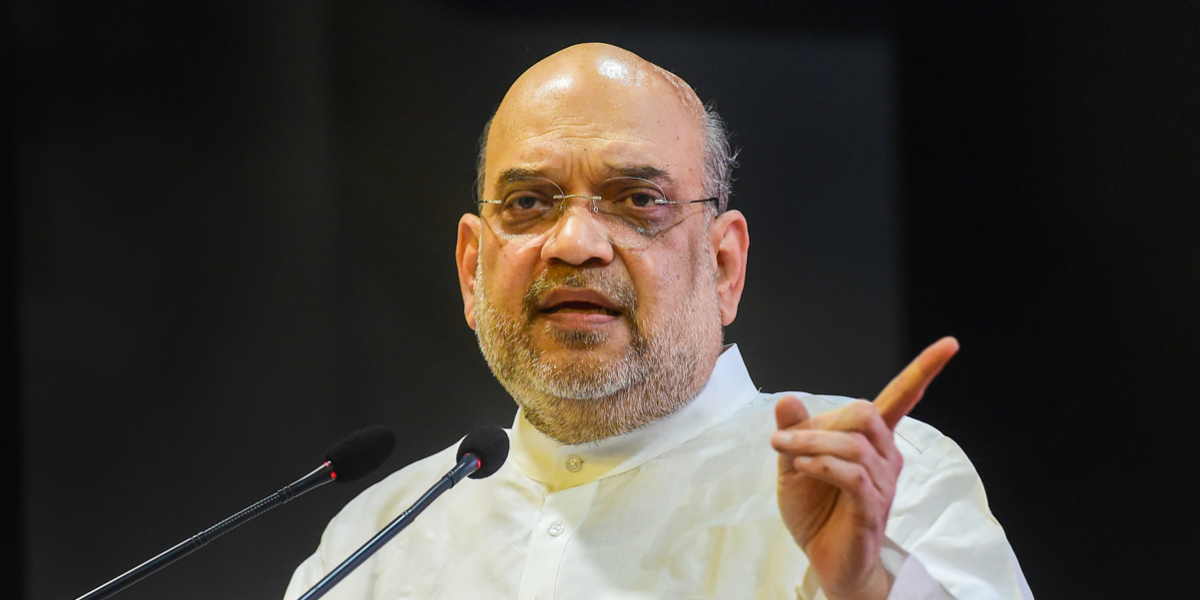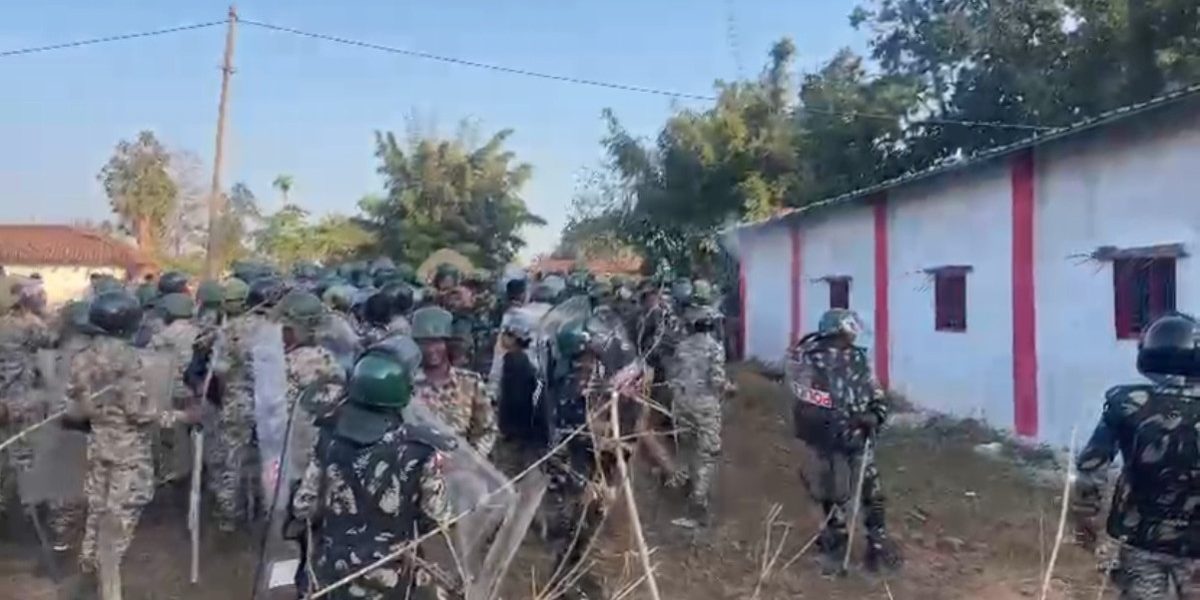
New Delhi: Eminent citizens and rights activists have urged the Election Commission to treat Union home minister Amit Shah’s recent statement during an election rally in Gujarat, in which he spoke about how the rioters were “taught a lesson” in 2002 and thereafter BJP has ensured peace till the present day, as a violation of the Model Code of Conduct. Urging the EC not to permit such “divisive exhortations”, they have also demanded a probe and necessary punishment in the matter.
`Shah’s statement was ‘highly objectionable’, sought to promote enmity’
The activists have claimed that the statement was is in violation of Section 153A of the Indian Penal Code which pertains to “promoting enmity between different groups on ground of religion, race, place of birth, residence, language, etc…. ‘’ and also attracts Section 8 of the Representation of the People Act, 1951 — which provides for disqualification for conviction for various sections of IPC including Section 153 A.
Citing a report by news agency Press Trust of India, former secretary to Government of India E.A.S. Sarma had in a letter marked to Chief Election Commissioner Rajiv Kumar and Election Commissioners A.C. Pandey and A. Goel on November 26 first raised the issue of Shah’s “highly objectionable statement” during a rally in Mahudha town of Kheda district.
The news report had quoted Shah as saying: “During the Congress rule in Gujarat (before 1995), communal riots were rampant. Congress used to incite people of different communities and castes to fight against each other. Through such riots, Congress had strengthened its vote bank and did injustice to a large section of the society…..But after they were taught a lesson in 2002, these elements left that path (of violence). They refrained from indulging in violence from 2002 till 2022. BJP has established permanent peace in Gujarat by taking strict action against those who used to indulge in communal violence.”
‘Taught a lesson’ implied people had taken law into their own hands
Sarma said Shah’s statement of November 25 implied that other than the law enforcement authorities, it was a political party and certain sections of the people who “taught a lesson” to others by taking law into their own hands. The state had witnessed largescale violence against Muslims following the train burning incident at Godhra in which a large number of Hindu `kar sevaks’ were killed in 2002.
The former bureaucrat said if Shah indeed made the statement then it “violates the Model Code of Conduct in force”, especially with reference to clause which lays down that “there shall be no appeal to caste or communal feelings for securing votes”.
He also urged the Election Commission to view the statement in conjunction with the reported fact that it was the Union home ministry that cleared the release of 11 rape convicts in the Bilkis Bano case. He said this case was “directly related to the infamous Godhra incidents in 2002, which, triggered the shameful sequence of events that shook the nation’s conscience”.
Sarma reminded the EC that it was the custodian of free and fair elections by virtue of Article 324 and therefore urged it to immediately hold a meeting to ascertain the veracity of the Shah’s statement, seek an explanation and then take immediate penal action, if necessary.
Stating that the statement would have “already impacted the course of the Gujarat elections”, Sarma also cautioned that by imposing “token penalties”, the Commission may not be able to undo the considerable damage that would have already been caused.
This story was originally published in thewire.in . Read the full story here





